Training Solutions: Enhancing Tribal Nations’ Readiness and Resilience
National Center for Disaster Prepardness
DECEMBER 18, 2023
The National Center for Disaster Preparedness (NCDP) of the Climate School, Columbia University, has been awarded a $1.5 NCDP studies the readiness of governmental and non-governmental systems, the complexities of population recovery, the power of community engagement, and the risks of human vulnerability.

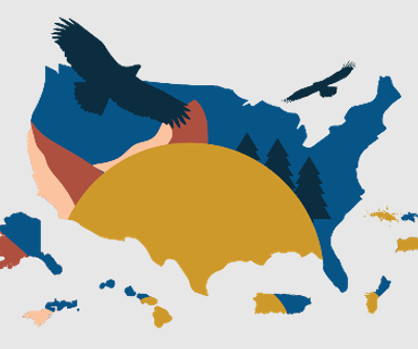

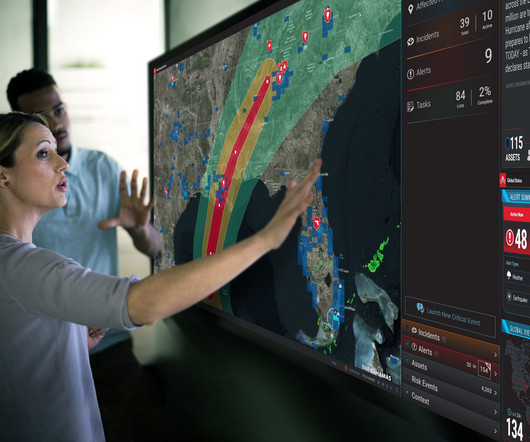
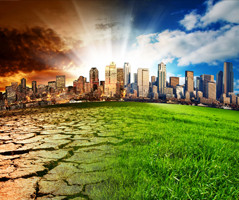

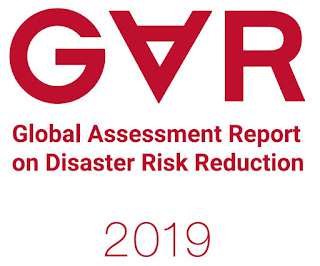



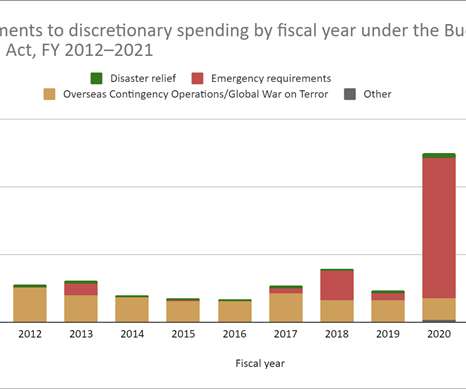







Let's personalize your content